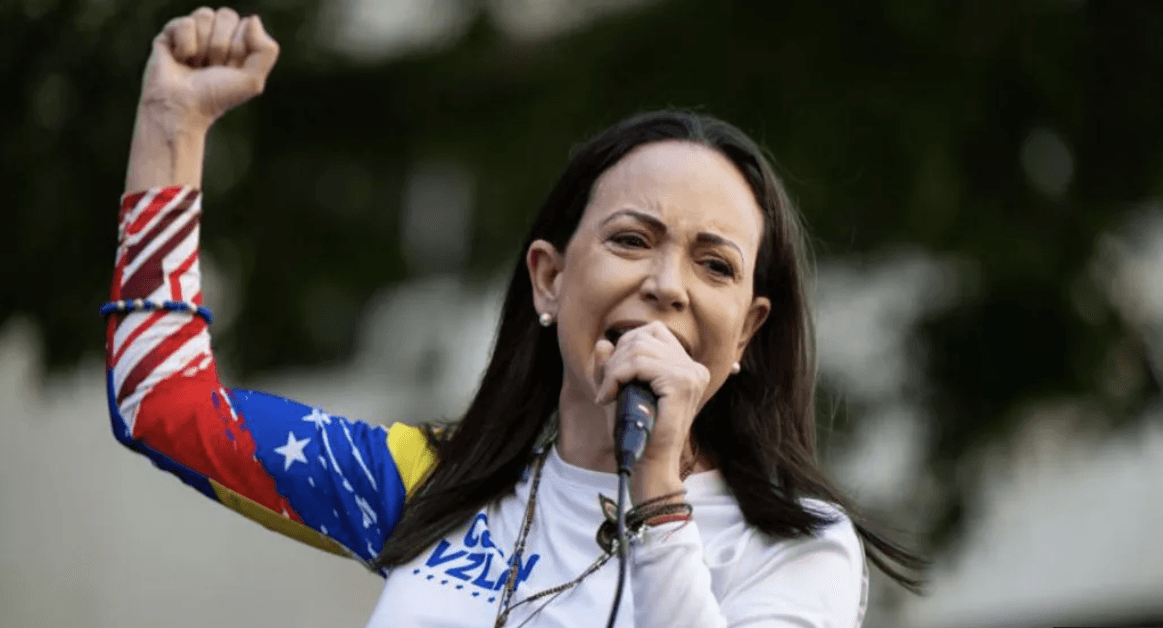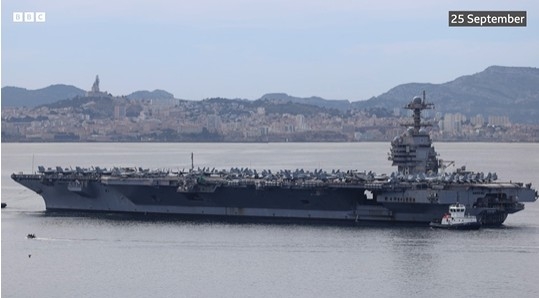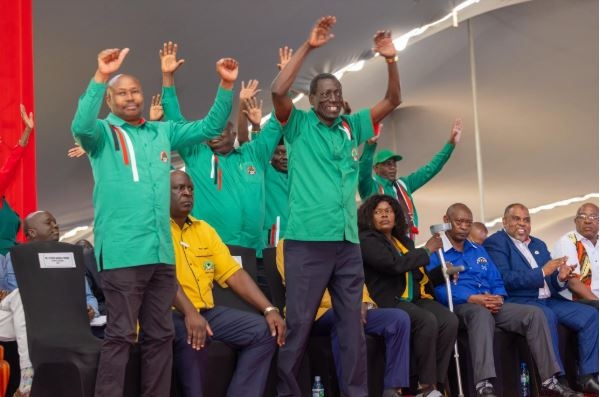
Cartel de los Soles, a group the US alleges is led by Venezuelan President Nicolás Maduro, will be designated a terrorist organisation, the US State Department has said.
US Secretary of State Marco Rubio issued a statement on Sunday announcing that the US intends to consider the group a Foreign Terrorist Organisation (FTO) from 24 November.
It means that Maduro will effectively be designated a terrorist as well, because the US alleges he heads the Cartel de los Soles, an accusation Maduro strongly denies.
It is the Trump administration's latest effort to reduce drug trafficking and put pressure on Maduro, as the US considers whether to take military action inside the country.
An FTO designation allows the US government to crackdown more aggressively on the group and its alleged associates, by making it illegal to knowingly offer them support.
The US Treasury Department has previously placed sanctions on Cartel de los Soles, but the new FTO designation is an escalated approach which unlocks stronger powers.
The Cartel de los Soles is a term used by the US to describe an alleged criminal group involved in activities such as drug-trafficking and illegal mining.
Washington claims it is led by the Venezuelan president and includes members of his inner circle, including from the military. The US hasn't published evidence publicly of Maduro's direct involvement in drug trafficking.
But its characterisation of Maduro as a drug-trafficker is seen as a way for the US to possibly justify targeting him or those close to him personally as part of its military campaign against alleged drug-trafficking.
Speculation is mounting about whether the US may strike land targets inside Venezuela as part of efforts to put pressure on Maduro.
In October, Maduro accused the US of "fabricating a new war", after it ordered the USS Gerald Ford to be sent to the Caribbean.
US President Donald Trump has said he has "sort of" made up his mind about what to do but has not announced his decision yet.
He told reporters on Sunday night that he asked Rubio to discuss the situation with Congress.
He added that "we may be having some discussions" with Maduro and that "Venezuela wants to talk", but did not provide further details on when talks might happen.
The Trump administration has taken an aggressive approach toward Maduro, who returned to office in January following allegations of vote-rigging.
"Neither Maduro nor his cronies represent Venezuela's legitimate government," Rubio said in his statement.
In August, the US government increased a reward for information leading to Maduro's arrest to $50m (£37.2m), alleging he was a leading "narco-trafficker".
The US has also criticised Venezuela as inadequately addressing cartel activity, which Trump says is responsible for an influx of fentanyl into the US.
There is not evidence to suggest fentanyl comes from Venezuela, as it is primarily produced in Mexico with chemicals largely sourced from Asia.
The Venezuelan government acknowledges some cocaine trafficking takes place in the country, but there are much bigger trafficking hubs in the region. Cocaine is predominantly produced in Colombia, Peru and Bolivia.
Since September, the US has carried out a series of airstrikes on boats off the coasts of Venezuela and Colombia.
The US has sent the largest military deployment to the Caribbean in decades and has carried out at least 21 strikes on alleged drug-trafficking vessels, killing at least 83 people.
The administration has previously designated cartels in other countries as terrorist groups.

















